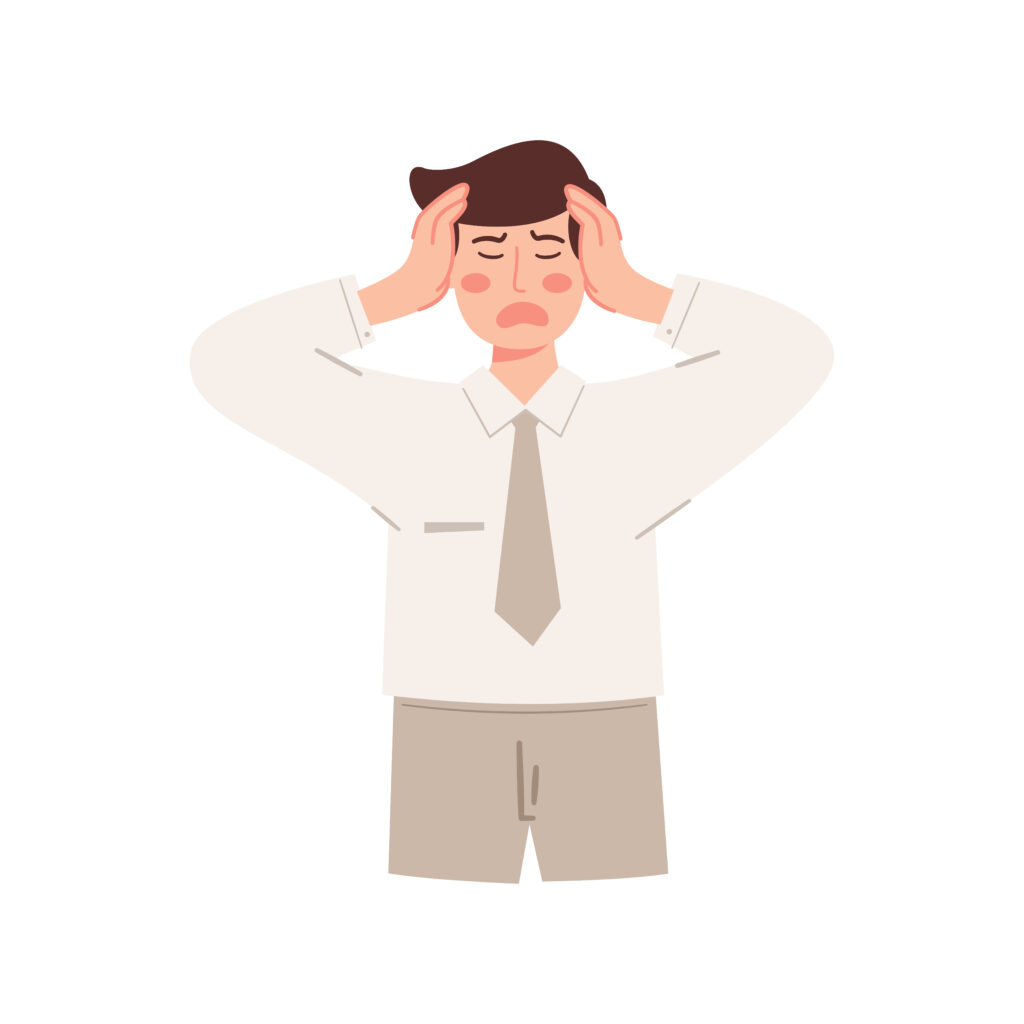Divorce can be a difficult and emotionally trying experience for everyone involved. While it can bring much-needed relief to those who have been in unhappy marriages, it can also cause stress, anxiety, and other negative emotions.
If you are going through a divorce, it is important to understand the common stress symptoms that can occur during this time. Recognizing these symptoms can help you take steps to manage your stress and protect your mental and emotional well-being.
Physical Symptoms
One of the most common stress symptoms associated with divorce is physical symptoms. This can include fatigue, headaches, stomach problems, and changes in appetite or sleep patterns.
Emotional Symptoms

Another common stress symptom of divorce is emotional distress. This can include feelings of sadness, anger, anxiety, and depression. You may also experience feelings of guilt, shame, and regret, especially if you initiated the divorce.
Cognitive Symptoms
Cognitive symptoms of divorce-related stress can include difficulties with concentration, memory problems, and indecisiveness. You may also experience a sense of confusion and difficulty making decisions, especially when it comes to important life decisions.
Behavioural Symptoms
Behavioural symptoms of divorce-related stress can include changes in your normal routines and habits, such as changes in your eating and sleeping habits, increased alcohol or drug use, and withdrawing from social activities.
Coping with Divorce Stress
It is important to take steps to manage the stress and negative emotions associated with divorce. Here are some tips to help you cope with the stress of divorce:
Seek Professional Help
If you are struggling with the stress and emotions of divorce, it may be helpful to seek the support of a mental health professional. A therapist or counselor can help you work through your feelings and develop coping strategies to manage your stress.
Connect with Others
Connecting with friends, family, and support groups can also be helpful in managing the stress of divorce. Talking to others who have been through a similar experience can be therapeutic and provide you with a sense of community and understanding.
Practice Self-Care
Self-care is important for managing stress and maintaining your mental and emotional well-being. This can include things like exercise, eating a healthy diet, and engaging in activities that bring you joy and relaxation.
Focus on the Positive
Finally, it is important to focus on the positive aspects of your life during this difficult time. Surround yourself with people and activities that bring you joy and focus on building a happy and fulfilling life for yourself, even if it is different from what you envisioned.
What helps with divorce stress?

There are several strategies that can help manage the stress associated with divorce. These include seeking the support of a mental health professional, connecting with friends, family, and support groups, practicing self-care, and focusing on the positive aspects of life.
Why do I feel sick after divorce?
Physical symptoms, such as fatigue, headaches, stomach problems, and changes in appetite or sleep patterns, are common stress symptoms associated with divorce. These symptoms can be a result of the physical and emotional stress that occurs during this time.
What causes stress in divorce?
Divorce can cause stress for many reasons, including financial concerns, the division of assets, custody battles, and emotional distress. The process of divorce can also be time-consuming, complex, and emotionally trying, adding to the overall stress of the situation.
How long does divorce stress last?
The duration of divorce stress can vary from person to person and can last anywhere from a few months to several years. It is important to take steps to manage stress and seek professional help if necessary, in order to minimize the impact of stress on your mental and emotional well-being.
How divorce changes a woman?
Divorce can have a significant impact on women and can affect their emotional, mental, and physical well-being. It can also impact their financial stability and sense of identity, and can lead to changes in their relationships and social network.
What are the mental stages of divorce?
Divorce can cause a person to go through a range of emotions, but the most frequent ones include initial shock and denial, rage, bargaining, melancholy, and finally acceptance. Everyone goes through these phases in their own unique way and at their own speed.
What is the fastest way to recover from a divorce?
The quickest approach to heal from a divorce varies from person to person, but for most people it entails taking care of oneself, reaching out for aid from loved ones, and putting an emphasis on the positive.
How do you accept your marriage is over?
It’s not easy to accept that your marriage is gone, but once you do, you can focus on creating a new, happy, and full life for yourself. There are several ways to do this, including releasing unpleasant feelings, working on one’s own development and self-care, and reaching out for social and professional support.
Conclusion
Divorce can be a stressful and emotional experience, but with the right support and coping strategies, you can manage the stress and emotions associated with this difficult time. Remember to take care of yourself, seek professional help if necessary, and focus on building a happy and fulfilling life for yourself.


